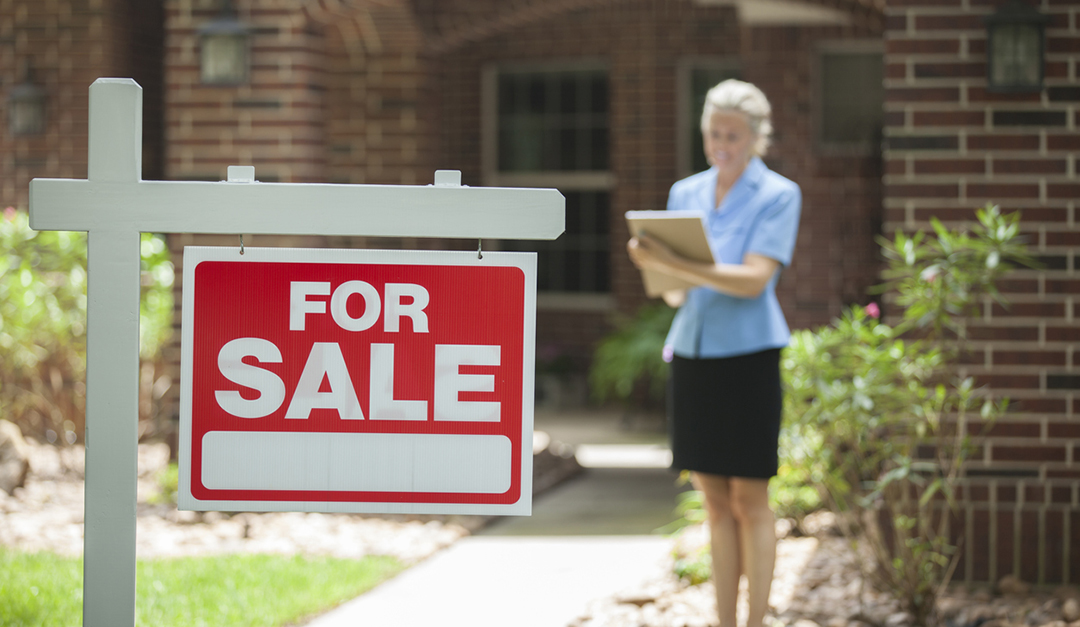One of the most difficult decisions a real estate agent needs to make is when to put a listing on the market.
However, putting too much emphasis on timing as opposed to determining the appropriate price of the listing can be counterproductive and result in listings staying on the market for months. We talked to expert trainer Tami Simms about how the listing price is often more important than the time of year that a property gets put on the market.
Play the video to listen to the interview, or read a summary of the transcript below.
The Timing Fallacy
It’s common to talk about real estate as a seasonal industry, suggesting that sales are related to the time of year rather than recognizing that market conditions, relocation patterns, correct pricing and any number of other factors can have a far greater impact than timing or season. According to Simms, no two years are the same, and home sales can take place at any time of year.
For example, many luxury real estate agents spend the summer on vacation based on the assumption that their high-end clients are out of town, as well. They advise clients to hold off on listing their homes, believing that there won’t be sufficient traffic and that the home will sit on the market.
In reality, of course, people buy homes at all times of the year. Buyers with children want to close before the school year starts. Spring markets run later some years than others, depending on weather patterns and late storms. This means that there are no hard-and-fast rules when it comes to the timing of a listing.
The Days on Market Fallacy
According to Simms, the other erroneous belief is that homes listed in the summer will languish on the market because of reductions in summer traffic. The suggestion is that the increased days on market and attendant price reductions are caused by the timing of the sale.
Simms pushes back at this logic, saying that when tracking the numbers and comparing those price-reduced listings to properties that sold close to list price, it’s clear that the difference was not when the house was listed, but how well it was priced. A poorly-priced home will languish on the market until price reductions bring it in line with the market assessment of value. This is true any time of year.
The Pricing Factor
Simms analyzed three years’ worth of condo sales in the $1 million-$2 million price range. She then looked at outcomes and overall buying activity, determining that if a home was priced appropriately, it would sell no matter what time of year it went on the market—even if there was an overall decrease in market activity.
According to Simms, in today’s digital environment, potential buyers don’t shut themselves off completely anymore when they go on vacation. With the prevalence of listing portals and social media, an interested buyer can stay in the loop no matter where they are. That means that “it doesn’t matter if they’re sitting in North Carolina or if they’re in Alaska or what they’re doing,” said Simms. “If the opportunity comes up and the price is right, and the product is desirable, they’re going to act on it whenever that is.”
 Diane Hartley is the president of the Institute for Luxury Home Marketing, a premier independent authority in training and designation for real estate agents working in the upper-tier residential market. Hartley brings her passion for luxury marketing and more than 20 years of experience growing and leading businesses to her role as president of the Institute.
Diane Hartley is the president of the Institute for Luxury Home Marketing, a premier independent authority in training and designation for real estate agents working in the upper-tier residential market. Hartley brings her passion for luxury marketing and more than 20 years of experience growing and leading businesses to her role as president of the Institute.












